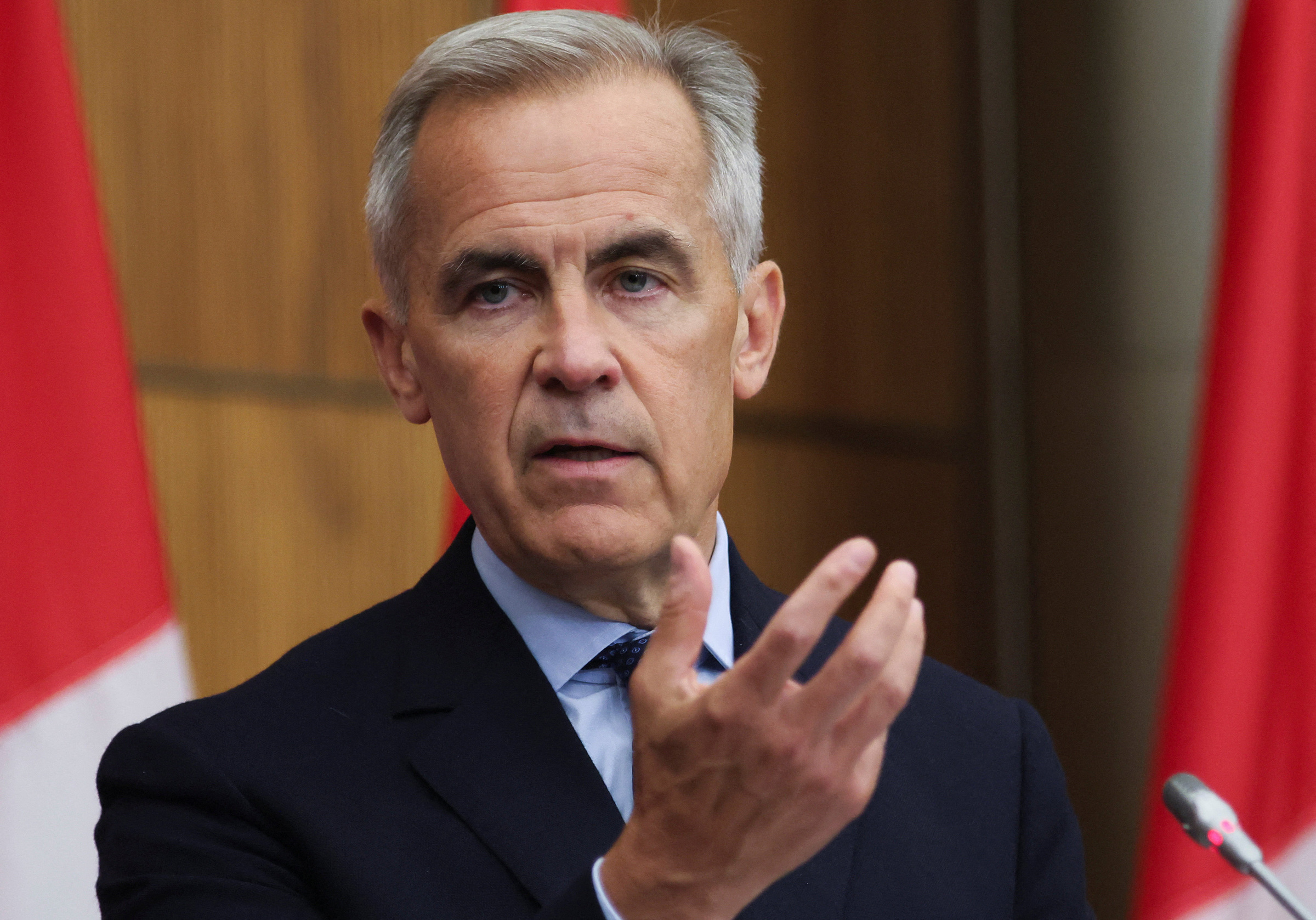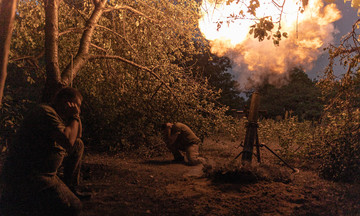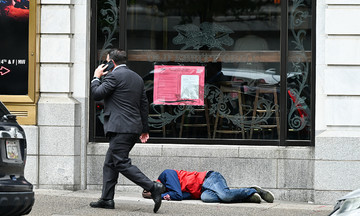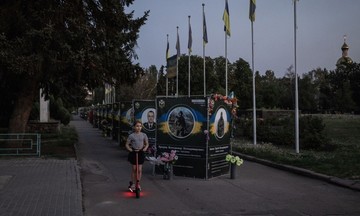"Canada intends to recognize the State of Palestine at the 80th session of the United Nations General Assembly in September", Canadian Prime Minister Mark Carney said at a press conference in Ottawa on 30/7.
According to Carney, the decision reflects Canada's long-held belief in a two-state solution to the decades-long conflict between Israel and Palestine. "The prospect of a two-state solution is eroding before our eyes", the Canadian Prime Minister said.
He cited Israel's expansion of settlements in the West Bank and East Jerusalem, as well as Tel Aviv's "continued failure to prevent" the humanitarian disaster in the Gaza Strip.
"For decades, we hoped for a two-state solution through a peace process based on agreements between the Israeli government and the Palestinian Authority. Unfortunately, this approach is no longer viable", he said.
 |
Canadian Prime Minister Mark Carney at a press conference in Ottawa on 30/7 regarding the plan to recognize the State of Palestine. Photo: Reuters |
Canadian Prime Minister Mark Carney at a press conference in Ottawa on 30/7 regarding the plan to recognize the State of Palestine. Photo: Reuters
Israel condemned Canada's plan, accusing Prime Minister Carney's announcement of being part of an international pressure campaign against Tel Aviv.
"Recognizing a Palestinian state without a government accountable to its people, functioning institutions, or compassionate leadership is rewarding and legitimizing Hamas's horrific actions of 7/10/2023", the Israeli embassy in Ottawa said in a statement.
French President Emmanuel Macron announced on 24/7 that France would recognize the State of Palestine in September, "in line with its historical commitment to a just and lasting peace in the Middle East". Almost a week later, on 29/7, UK Prime Minister Keir Starmer said Britain also planned to do the same.
If France and the UK follow through, it will be the first time two Western powers on the UN Security Council have recognized the State of Palestine.
The moves by France, the UK, and Canada are notable because they mark a shift from the general Western stance that Palestine should only be recognized after the parties involved reach an agreement on issues such as borders and the status of Jerusalem. Israel criticized the decisions of France and the UK, saying the moves undermine efforts to negotiate a ceasefire and the return of hostages in the Gaza Strip. US President Donald Trump called Paris's decision meaningless.
Observers say recognizing the State of Palestine is largely symbolic, as the Israeli military controls most of the territories envisioned for a Palestinian state, including the West Bank, the Gaza Strip, and East Jerusalem.
However, such action by Western powers would further isolate Israel internationally. Many countries have exerted diplomatic pressure on Israel to allow humanitarian aid into Gaza, which is on the brink of a severe famine.
The two-state solution is the idea of establishing two separate territories for Israel and Palestine. The concept emerged when the United Nations in 1947 divided Palestine, then under British mandate, into two areas for Palestinians and Jews.
Conflict in the decades following Israel's establishment in 1948 has hampered efforts to establish a Palestinian state. In 1993, in the US-brokered Oslo Accords, Israel and the Palestinian Authority agreed that Palestine would administer the West Bank and Gaza. However, the continued expansion of Jewish settlements in the occupied West Bank and statements from Israel denying Palestinian territory are pushing the two-state solution further out of reach.
Huyen Le (According to AFP, Reuters)












